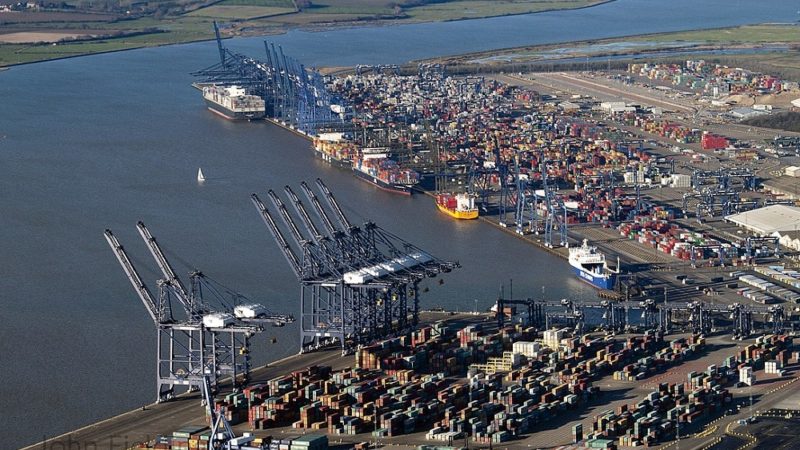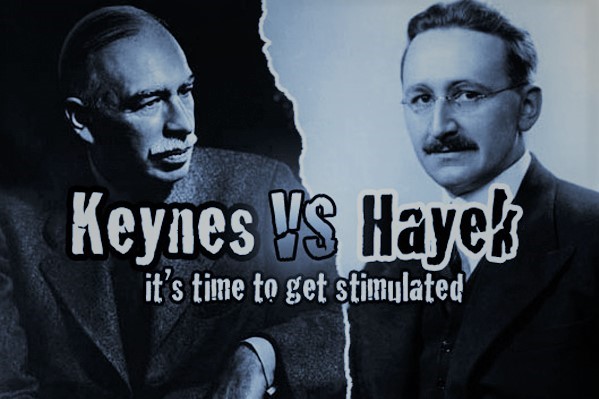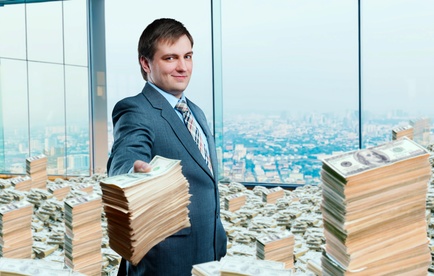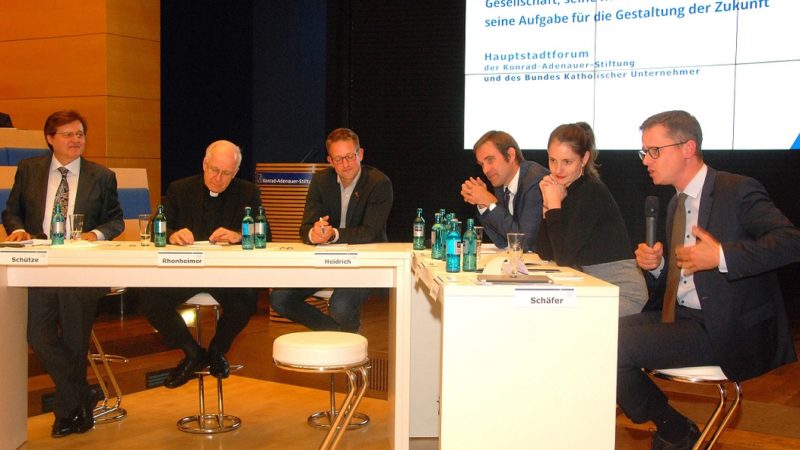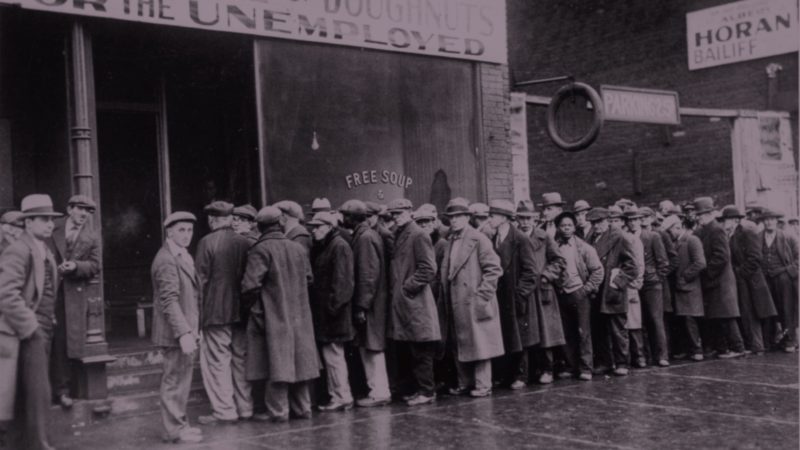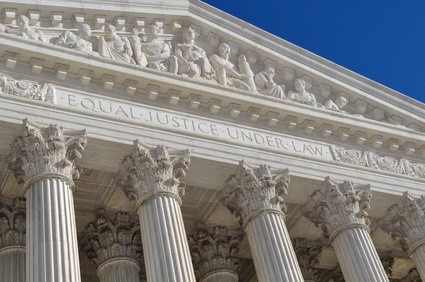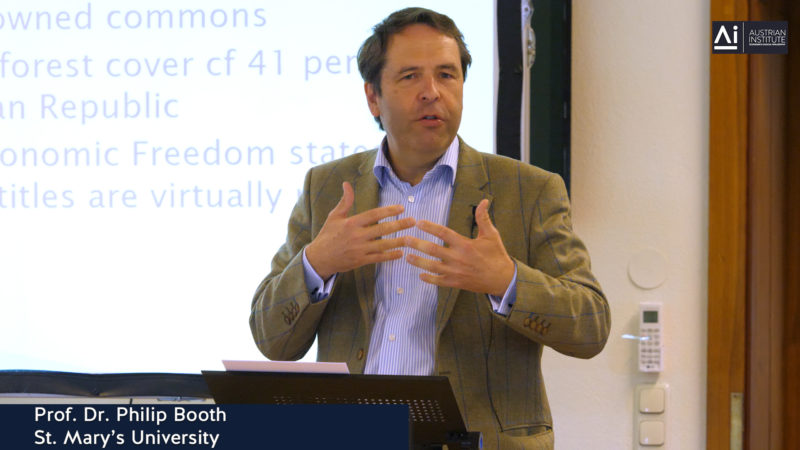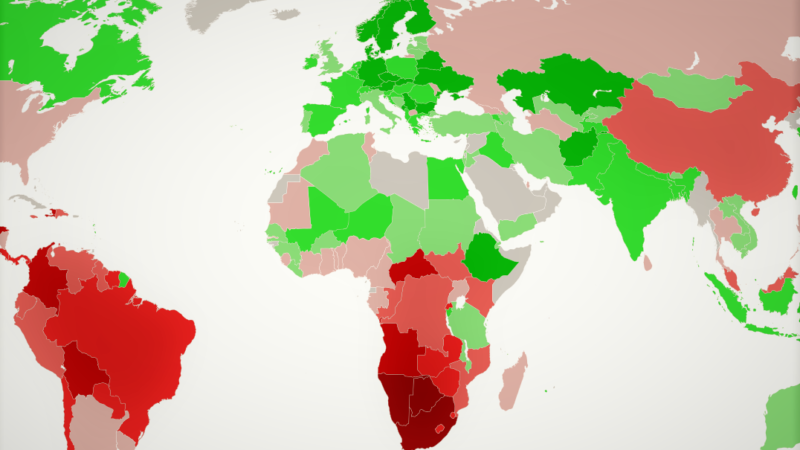The Euro Illusion: From a Project of Integration to a Green Planned Economy
At first it seemed as if the new President of the European Central Bank (ECB) Christine Lagarde would simply continue the loose monetary policy of her predecessor. But now she has announced a green policy shift. This marks the beginning of a whole new act in the euro drama.
Philipp Bagus: “The Fear of Deflation Is Unfounded”
Many economists, policymakers, and central banks are afraid of deflation. Generally speaking, they do not even distinguish between different causes of price deflation—i.e. between price deflation caused by growth and price deflation caused by contractions in credit. In this interview, the economist Phillipp Bagus says that these fears of deflation are misguided.
Inequality is Shrinking: Branko Milanović Disagrees with Oxfam
Every year the Oxfam report makes sensational headlines. The tenor: global inequality is increasing. 26 billionaires would own as much as the 3.8 billion poorest people in the world. Leading inequality specialist Branko Milanović unmasks Oxfam’s alarmism as misleading.

